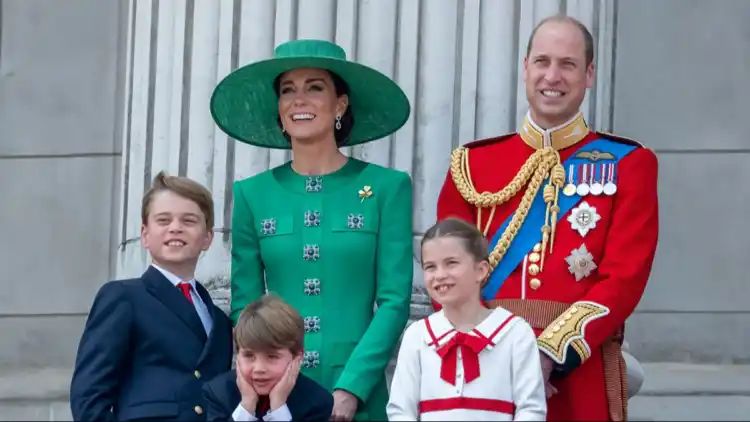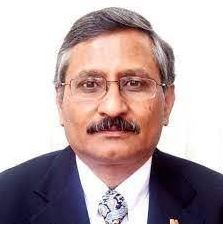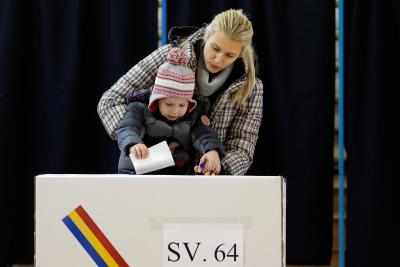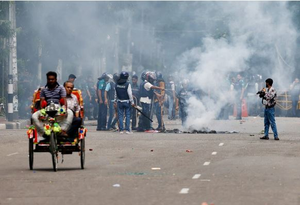French President Announces Snap Parliamentary Elections After Renaissance Party Faces Heavy Defeat in EU Elections

Paris: After exit polls showed a heavy loss in the European parliamentary elections, French President Emmanuel Macron on Sunday dissolved the parliament, including the National Assembly, and called for snap elections, CNN reported. Preliminary estimates showed that the National Rally (RN) clinched 31.5 percent of the vote, which is more than double what Macron’s Renaissance Party received. The Renaissance Party garnered 15.2 percent of the vote, while the Socialists secured third place with 14.3 percent.
The leader of the RN, Jordan Bardella, called on Macron to dissolve the French parliament in a celebratory speech following the release of the exit poll.
“This unprecedented defeat for the current government marks the end of a cycle, and Day 1 of the post-Macron era,” Bardella said, according to CNN.
Meanwhile, Macron announced in an hour-long national address that he will dissolve the lower house of parliament in France and organise parliamentary elections. According to Macron, there will be two rounds: the first on June 30 and the second on July 7.
“I have decided to give you back the choice of your parliamentary future by voting. I am therefore dissolving the National Assembly this evening,” Macron said in an announcement on Sunday.
“This decision is serious, heavy. But it is, above all, an act of trust. Trust in you, my dear compatriots. In the capacity of the French people to make the most just decision,” the French President said.
Parliamentary elections are used in the French system to choose the 577 members of the National Assembly, the lower house.
The country’s president is chosen through separate elections that aren’t expected to take place again until 2027.
The Ensemble coalition, which included Macron’s Renaissance party, was unable to secure an outright majority in the legislative elections held in 2022 and was obliged to look for outside assistance.
The EU elections, positioned as the world’s second-largest democratic proceeding, see nearly 400 million citizens casting votes for their preferred 720 European Parliament representatives across an astounding stretch of land. The outcomes of this large-scale voting exercise will shape policies on wide-ranging matters of global importance, including climate change, defense, immigration, and international diplomacy with prominent countries like China and the United States.





